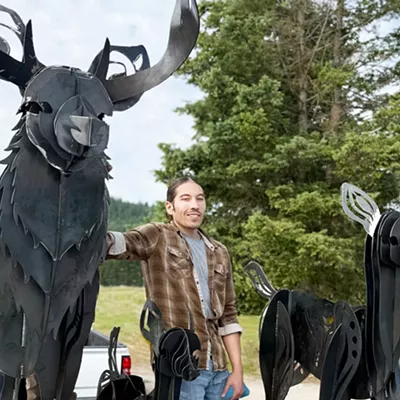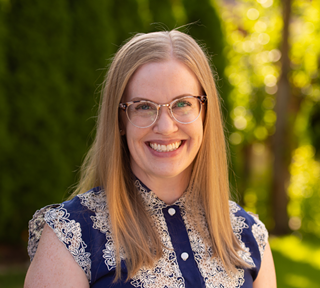We reached out to a few local overnight camp directors — Lutherhaven’s Bob Baker and Camp Fire of the Inland Northwest’s “Miss Erica” Nolte — to find out what kids and their parents need to know before heading off to an overnight camp this summer. Whether kids are overly excited or a little nervous about their camp stay, read this first to help ensure camp is a worry-free experience and a positive, lasting memory for all involved.
Don’t forget to pack…
- Obvious items to pack: sunscreen, a reusable water bottle, closed-toed shoes, a swimsuit and weather-appropriate clothing.
- A flashlight or battery-powered night light, if a camper is still wary of the dark.
- A true camping sleeping bag — not those thin slumber-party types.
- Any medications a child is on need to be in the original prescription bottle.
- Pack pre-addressed postcards and stamps so campers can write home about how much fun they’re having.
- Label everything your child brings, unless you want them to come home with half of their bunkmate’s stuff.
Ease a camper’s first-time jitters by…
- Signing them up for camp with a friend or sibling.
- Talk up how much fun they’ll have while at camp before they leave.
- Read all welcome guides and paperwork from the camp.
- Secretly drop off a stack of pre-written letters with camp staff to be delivered to the camper each day, or a surprise care package.
- Pack a special stuffed animal or a photo of a favorite family memory to hang in the cabin.
Leave this stuff at home:
- Any and all electronic devices, Lutherhaven’s Bob Baker says: “It detracts from the camp experience, and there’s only a few places they’ll work anyway.”
- Pocket knives, despite the possibility that they could come in handy.
- Candy and food — no one wants their cabin/tent infested by hungry wildlife or insects.
- New clothing. Kids are going to become one with nature, which means dirt, grass stains and tears.
KIDS MIGHT ASK:
This is my first time going to an overnight camp — what should I expect?
Many resident camps offer “mini sessions” to give young campers their first taste of a sleep-away camp for a shorter span than a full week or more. Both experts we talked to suggest letting your future camper try out a shortened session if they’re feeling anxious about being away from home with a group of strangers. Some area camps even offer family weekend sessions so parents can check out a camp, too.
What if I get homesick?
Camp counselors are trained to know what signs of homesickness look like and will reach out to an uneasy camper if things are heading that way, says Lutherhaven’s Bob Baker. If talking to Mom or Dad helps overcome that feeling, camp staff likely will be more than willing to let a child call home for a pep talk, he adds. A resident camp’s staff should be keeping kids so engaged, though, that campers won’t even have time to think about home.
I loved going to camp so much I want to become a counselor someday!
Many camps, like Camp Fire’s Sweyolakan and Dart-Lo, offer volunteer opportunities for those who want to give back or are interested in applying to be camp staff someday, says Camp Fire of the Inland Northwest’s “Miss Erica” Nolte. Most overnight camp counselor positions are for young people who’ve already graduated high school, but young campers who are interested in working at their favorite camp someday should look into junior staff opportunities or “counselor-in-training” sessions that teach leadership development skills.
When the camp experience comes to an end, should I keep in touch with new friends?
With the ease of access to social media these days, older campers are more than likely to keep in touch with new friends made at camp through Facebook, but Lutherhaven’s Bob Baker advises that parents also meet their child’s new friends and their parents, if possible, when campers are being picked up to go home. Doing so can help solidify the friendship since parents can prompt kids to stay in touch, as well as help plan non-camp activities with camp friends during the school year.
Camp Fire’s “Miss Erica” advises that parents, especially of younger children, pack an address book so campers can get names, addresses or phone numbers of new friends to later become pen pals.
Other helpful advice to keep in mind…
- Parents shouldn’t hesitate to call a camp with any questions at any time.
- For example, if a child struggles with bed-wetting, parents should let staff know so that if an incident does happen at camp, staff can provide privacy and minimize embarrassment.
- Financial need shouldn’t keep a child from experiencing any type of camp. Many community organizations and camps offer scholarships, income-based pricing or other resources to help families send kids to camp on a budget.
- Parents should visit the American Camp Association’s website, acacamps.org, for a wealth of resources that delve deep into the topics we’ve touched on here.
CAMP LISTINGS


















